Americans strongly back work for Medicaid but Democrats fight proposal intensely
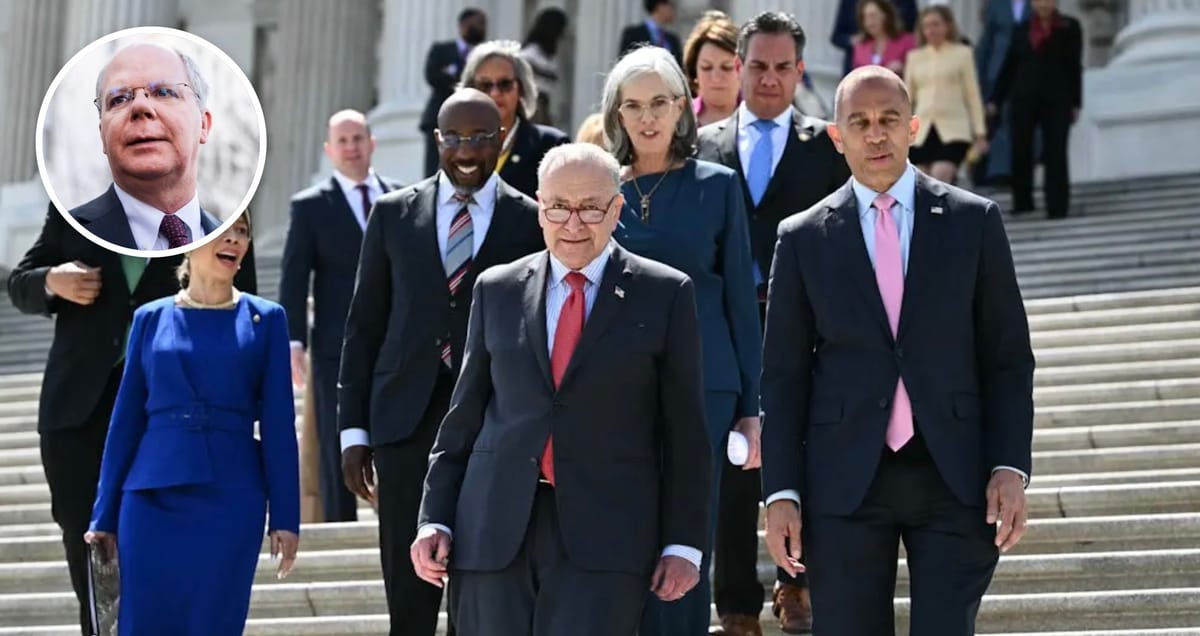
Here's a look at a policy most Americans support, yet one political party is intensely opposing.
It involves healthcare for millions and a long-standing debate about government assistance.
The Debate Over Medicaid Requirements
Republicans in Congress are proposing significant changes to Medicaid as part of budget discussions.
One key proposal is the implementation of work requirements for many recipients.
Specifically, the idea centers around requiring working-age adults without disabilities to be employed or actively seeking work to receive coverage.
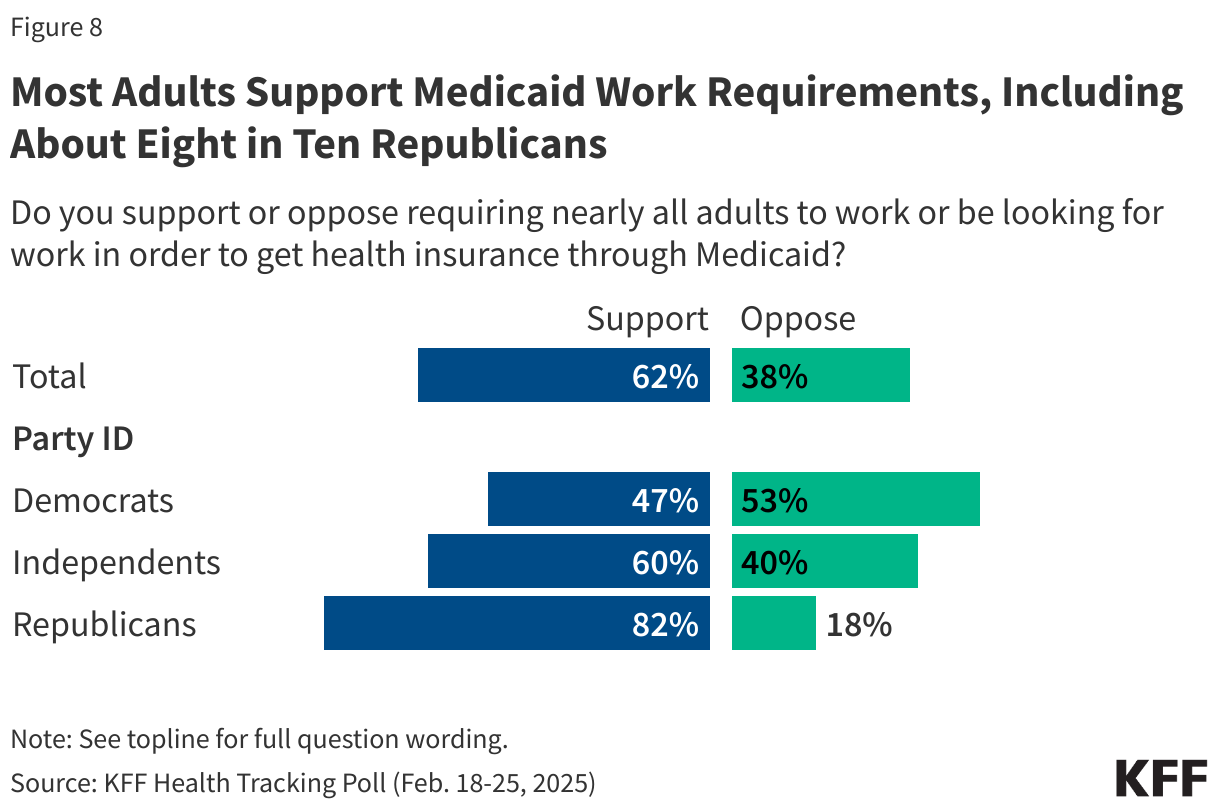
Democrats, led by figures like House Minority Leader Hakeem Jeffries and Senate Minority Leader Chuck Schumer, view this as a harmful attack on a vital social safety net program.
They argue it would strip healthcare away from vulnerable people.
A Question of Principle?
The Republican push for work requirements taps into a widely held belief about personal responsibility and welfare programs.
For years, there has been a public conversation around the idea that able-bodied adults receiving government benefits should contribute through work.
This principle has been central to welfare reform efforts dating back decades.
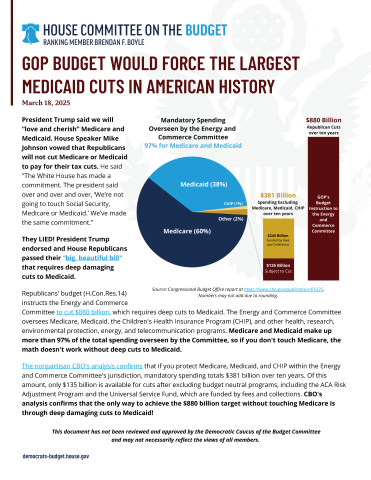
Former Trump administration officials, including Robert F. Kennedy and Dr. Mehmet Oz, have argued that focusing Medicaid resources on "able-bodied, working-age adults" dilutes the program's focus on those truly in need, such as the disabled, elderly, and children.
The increased share of welfare spending dedicated to able-bodied, working-age adults distracts from what should be the focus of these programs: the truly needy.
They suggest the expansion of Medicaid under the Affordable Care Act (ACA) brought many working-age individuals into the program who might otherwise have been expected to find private insurance or contribute through work.
Concerns and Counterarguments
Democrats and opponents of work requirements raise practical concerns about implementation.
They point to past state-level attempts to impose these rules, which sometimes resulted in eligible individuals losing coverage due to bureaucratic hurdles.
Issues cited include complex reporting requirements, difficulties with online systems, and administrative errors.
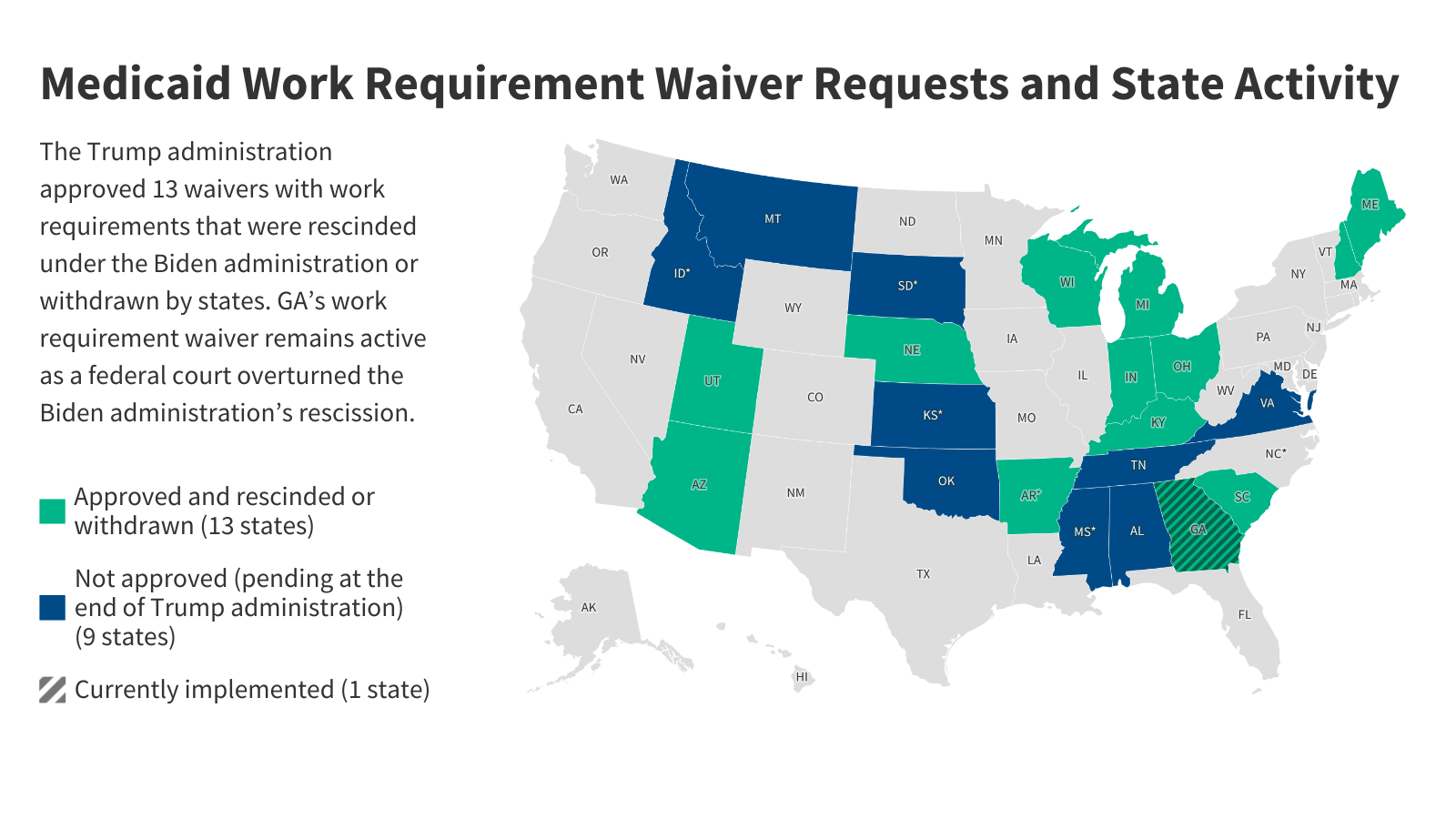
However, proponents argue that implementation challenges can be addressed and should not negate the underlying principle of connecting benefits to work for those who are able.
They emphasize that the vast majority of taxpayers work, and asking the same of benefit recipients is a matter of fairness.
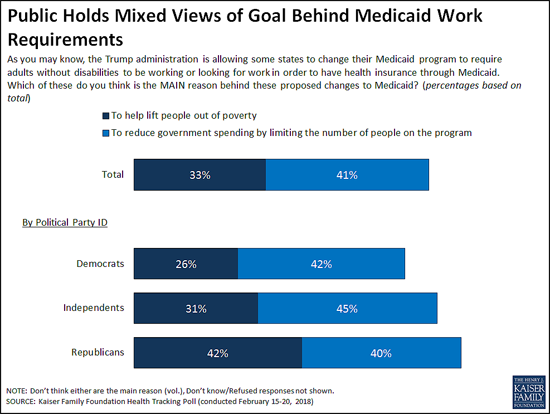
Another point often made by opponents is that many Medicaid recipients who *can* work already do so.
Federal data indicates a large percentage of working-age recipients are employed full or part-time, or are caregivers, students, or looking for work.
But for supporters of the requirements, the issue is less about how many currently work and more about establishing the expectation and structure for those who could potentially work.
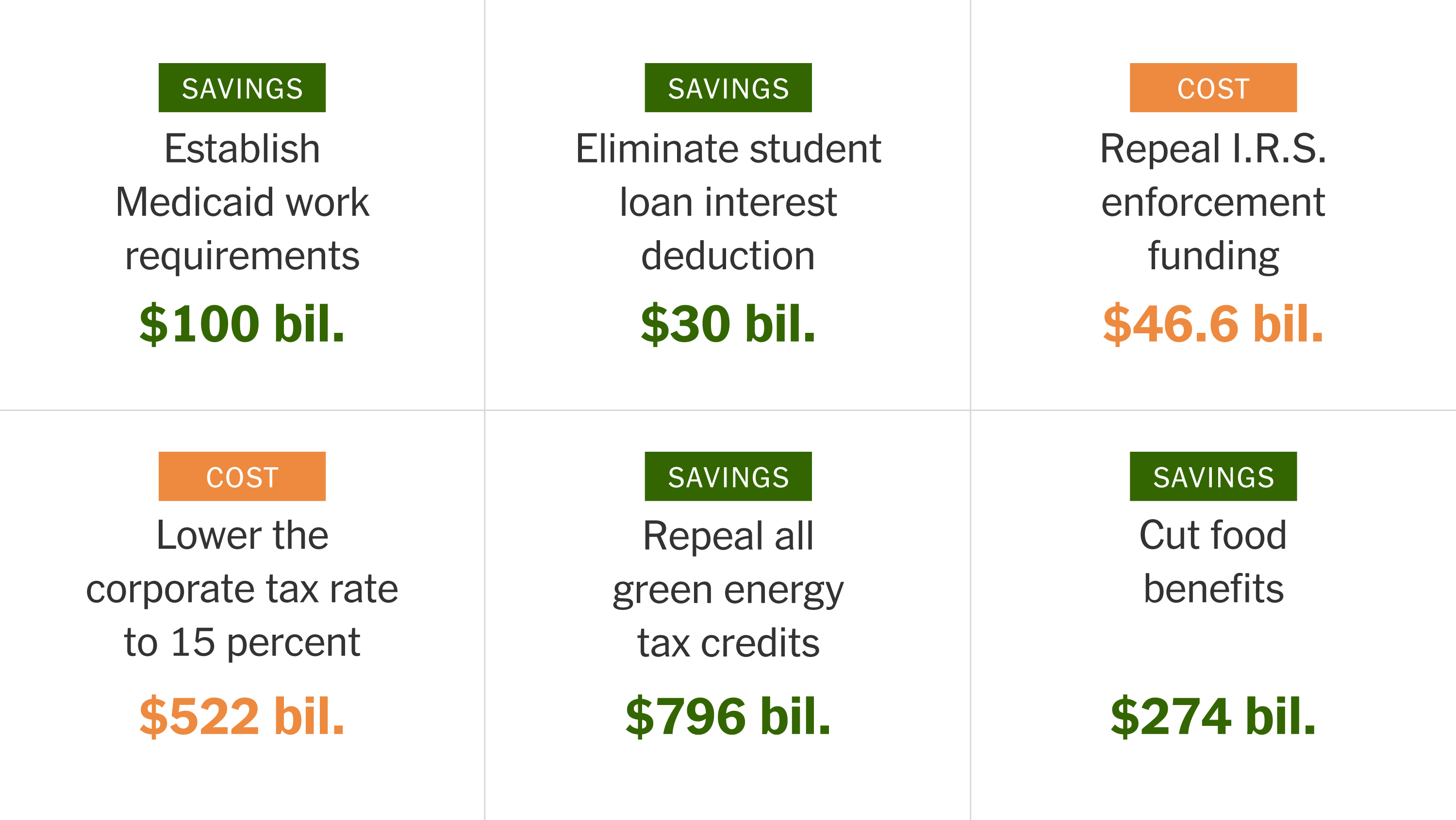
Where Do Americans Stand?
Despite the intense political battle, public opinion polls consistently show strong support for the concept of work requirements for government assistance programs like Medicaid.
A February poll from health research nonprofit KFF found that a significant majority of adults approve of the idea.
This finding aligns with previous polling on the topic over several years.

The KFF poll specifically revealed that **62 percent of adults supported the idea** that working-age adults without disabilities should have to work to receive Medicaid benefits.
This presents a clear challenge for Democrats as they argue against the proposal, putting them potentially at odds with a prevailing sentiment held by most Americans regarding work and public assistance.
The debate highlights a disconnect between public opinion and the Democratic party's position on this particular issue.



